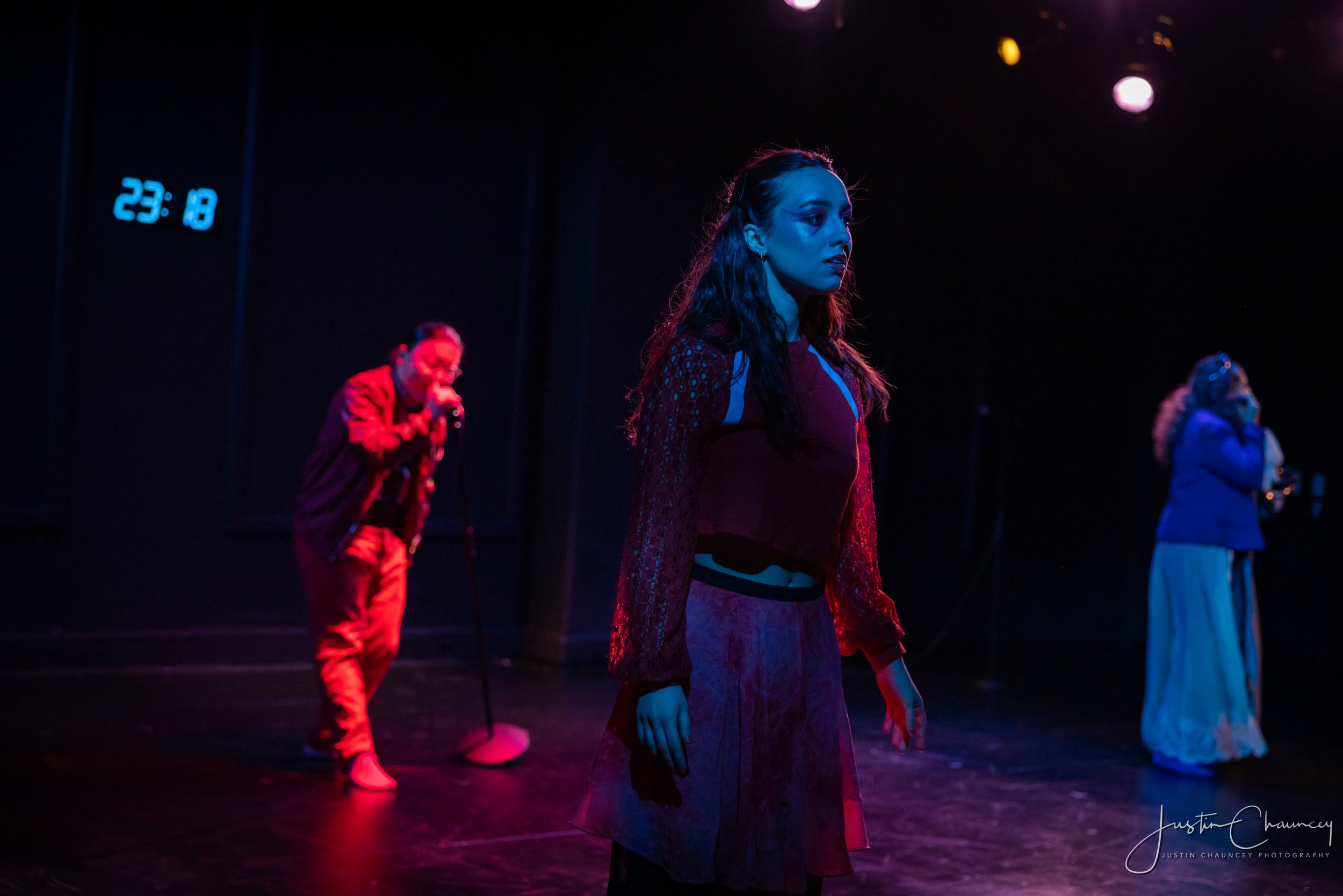When I meet someone who also went to a Waldorf school, I immediately recognize our common foundations, thus, a common understanding of shared emotional intelligence by living through life thinking deeply and intentionally. We lack codependency with technology, we are unapologetic about who we are, and, most importantly, we are curious about the world in whatever form that may be. I, for example, have always been interested in the human condition. This is why I chose to pursue a career in writing, creating, and performing to fulfill my desire to explore what makes us human. I recently graduated from NYU with a BFA in Drama and I now have a community in NYC mixed with talented artists with whom I create, work, and perform in the late hours of the day after clocking out of our day jobs.
Embracing Waldorf: Creating a Nurturing Home for Bodhi
Our family chose Waldorf because we wanted Bodhi’s school to be like a second home that reflected our values: a love of nature, creativity and a strong connection with community (just to name a few). It was clear to us from the first time we visited The Waldorf School of DuPage just how wonderful a learning environment it is: the beautiful, warm and peaceful classrooms offering exploration and opportunity, the amazing abundance of and immersion in nature, and, of course, the caring and dedicated faculty.
MARTINMAS LANTERN WALK: A WALDORF-INSPIRED TRADITION
Learning to Waldorf Together: How Connection and Nature Enrich Our Family Journey
CURIOSITY—NOT CURRICULUM—CREATES A SCIENTIST
Waldorf schools take a radically different approach to teaching science. This phenomenological, or “observational” approach to scientific studies allows students to participate in the entire process, observing each step with fresh eyes and an open mind. In this way, each student has her/his own personal experience with the phenomenon, and curiosity is maintained throughout the entire process as they await the unfolding of the experience and come to a meaningful understanding.





